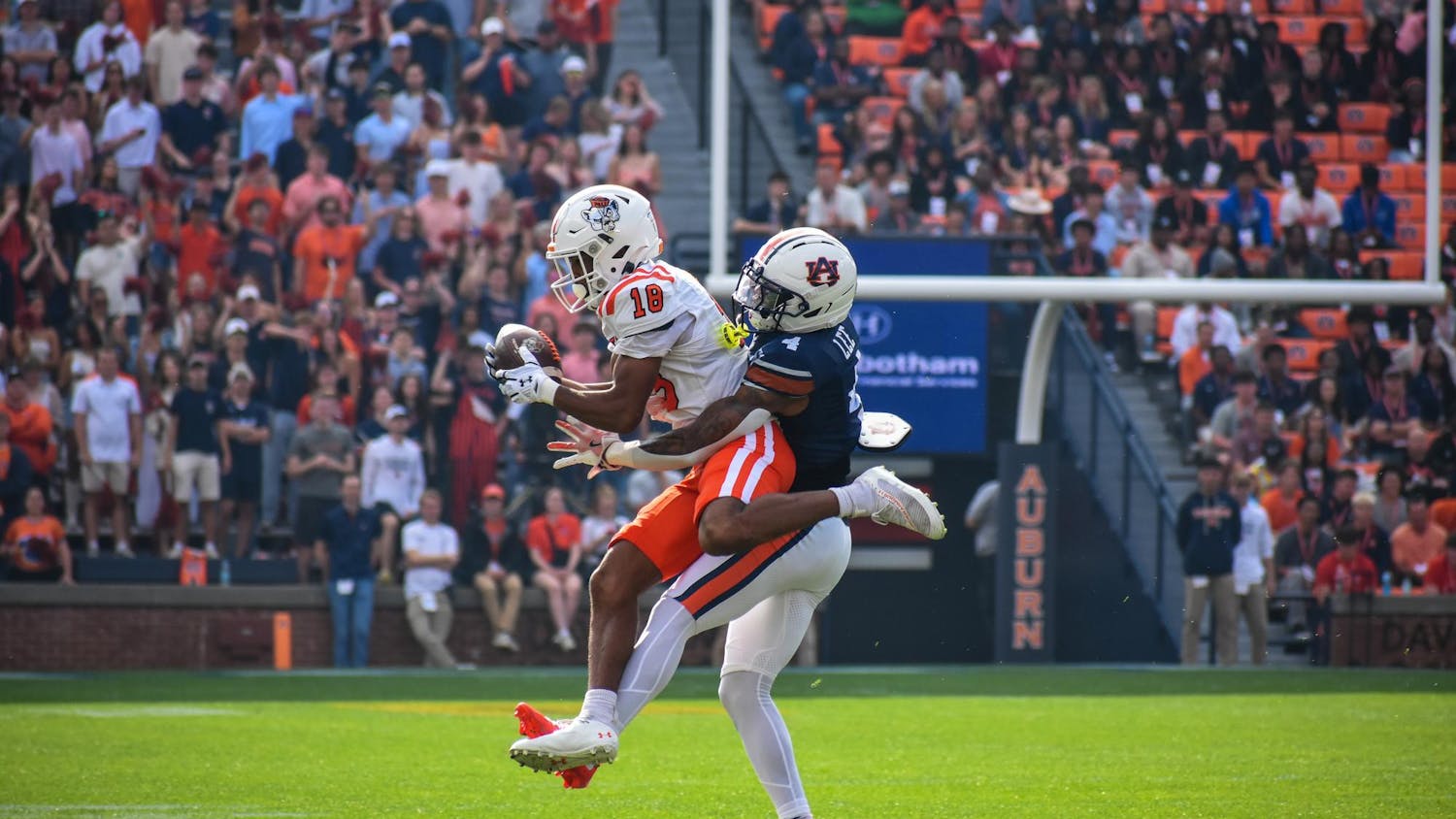Free Fishing Day on June 11 will allow Alabamians to fish at ponds, lakes, rivers and other reservoirs — both saltwater and fresh — throughout the state.
The free day is the one time of the year kids and people who don’t want to buy a license can go to many bodies of waters across the state to participate in the popular sport.
“Free Fishing Day is a great opportunity for kids to get out and learn how fun and exciting fishing can be,” said Nick Nichols, fisheries section chief for the Alabama Division of Wildlife and Freshwater Fisheries. “The day also gives families a chance to do something together outdoors.”
The day allows for free fishing in most of the state's public waters, according to a division release, but some waters are exempt and fishers still need the permission of property owners if they want to fish on private property.
An Auburn alum is helping the state prepare for the big day.
“As far as fishing goes and introducing kids to fishing, ponds play the biggest role in my opinion,” said Auburn Alum Graves Lovell. He is a district fisheries biologist with the wildlife and fisheries division.
Lovell’s title says fisheries biologist, but many would not expect to hear how big of a role he plays in ensuring the preservation of the fisheries resources in Alabama.
When asked about what he will be doing during National Fishing and Boating week from June 4 to 12, Lovell responded, “That's when we’re normally doing pond checks. Helping people on their private properties manage their ponds.”
Lovell helps pond owners with everything from fertilizing the pond, what size fish to keep, how to control weeds and more. Getting all of these calls to help can be time consuming though, which is why the WFF has made a series of videos to guide people in constructing and maintaining a pond.
“We're hoping that with these videos, it will soon substitute for us having to go there and help them out,” Lovell said.
Not having to worry about ponds allows Lovell to focus on larger bodies of water such as lakes, which take much longer to ensure they are maintained properly, following the sampling protocol the WFF uses.
“It's a big, intensive sampling effort that requires many people and takes several days at several different locations in each lake,” Lovell said. “And then we analyze the fish to see how they are growing and reproducing. We then write a big report.”
Lovell said this is done every three years, and it’s how they monitor the fish population.
“These conservation efforts are funded by the people who purchase fishing licenses,” Lovell said.
Do you like this story? The Plainsman doesn't accept money from tuition or student fees, and we don't charge a subscription fee. But you can donate to support The Plainsman.




